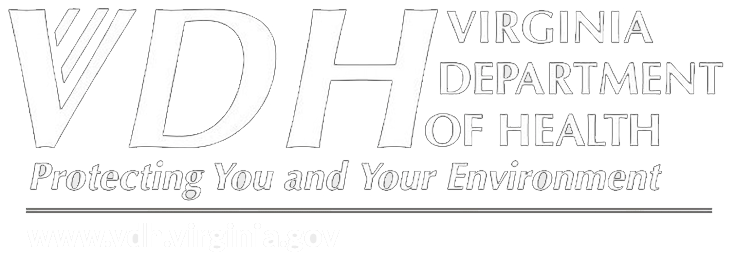There are 30 trauma informed community networks throughout the state of Virginia. What does this mean exactly?
Trauma informed community networks are a powerful means for people to work together to address violence, substance misuse, mental health issues and other challenges that may permeate a community.
The networks are typically comprised of community members, social workers, educators, clinicians, and other key stakeholders, getting together to examine things happening in each respective community, explains Amanda Lynch of Greater Richmond SCAN (Stop Child Abuse Now).
For example, in central Virginia, the greater Richmond trauma-informed community network has been looking at mental health among young people, the uptick in community violence, and recognizing and understanding how these things permeate all of our systems, she says.
Coalitions have developed and grown organically in each community. “The purpose is to look and see what’s happening in the community, to talk about what community trauma, maybe generational trauma looks like to define what trauma even means in each community. And then to brainstorm some strategies, offer resources and training where appropriate, and look for opportunities for advocacy to support what’s happening in each community,” says Lynch.
Why is building a more resilient community important?
Explains Lynch, “Building a more resilient community is really important because first it’s important to understand that we all possess an inner resilience both individually and collectively. And so it’s important to recognize where our strengths lie, but then also acknowledging that there are some areas that might need to be polished. That’s where our community networks and Greater Richmond SCAN come in, to provide training opportunities and resources to support efforts to build community resiliency.”
“Trauma Informed” has become something of a buzzword over the past few years but it addresses serious issues such as the ways that past trauma can manifest itself in our bodies and our overall health. And, by extension, how we cope with these things: by acting out violently, or by learning how to deal with the trauma in healthier ways.
“I don’t think that many of us recognize the ways that adverse childhood experiences, community and domestic violence, even things like racism or historic trauma show up in our bodies. When we think about trauma informed practices, we want to make sure that people understand what toxic stress does to you physically and emotionally, and how those things can spill over in terms of relationships or employment. In order to be trauma informed, you first have to have that working definition of what trauma is, and then start to dig a little deeper to understand how this might be showing up for you,” says Lynch.
Trauma is the response to a deeply distressing or disturbing event that overwhelms an individual’s ability to cope, causes feelings of helplessness, diminishes their sense of self and their ability to feel a full range of emotions and experiences. It is pervasive throughout the world.
An example of trauma’s impact on a child might be something as simple as the child having stomach aches on a regular basis, which could be code for stress and anxiety. They just don’t have the communication skills to express it. It can be the same for adults. “If you find you’re not sleeping well, or you’re not eating, or maybe you’re not engaging in the physical or mind body activities that you once were. Maybe there is some stress or underlying trauma that is happening, and you might want to explore that,” says Lynch.
Why is being trauma-informed important to building caring communities?
Being trauma-informed means having the tools available to identify the source of that stress and underlying trauma, and then having the ability to respond in a healthy way rather than reacting negatively, or violently, says Lynch.
The Greater Richmond Trauma Informed Community Network (GRTICN) was formed in the fall of 2012, and is currently comprised of over 500 members from more than 160 different organizations. The GRTICN aims to build a more equitable, safe, trauma-informed, and resilient community by informing, supporting, and elevating the Greater Richmond (VA) region.
GRTICN’s mission is driven by the following priorities: preventing and mitigating the impact of Adverse Childhood Experiences (ACEs); advancing trauma-informed practice and policies; and advocating for trauma-informed system change.
For more information, visit: https://grscan.com/trauma-informed-community-network/.
